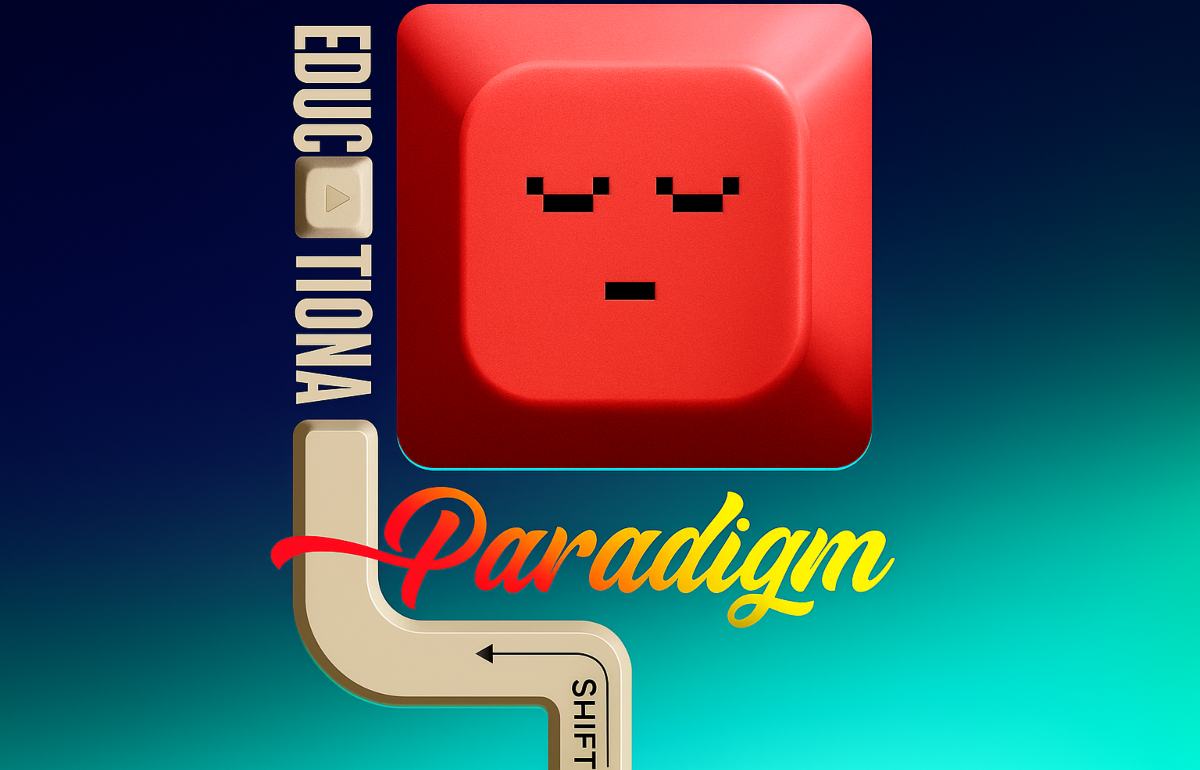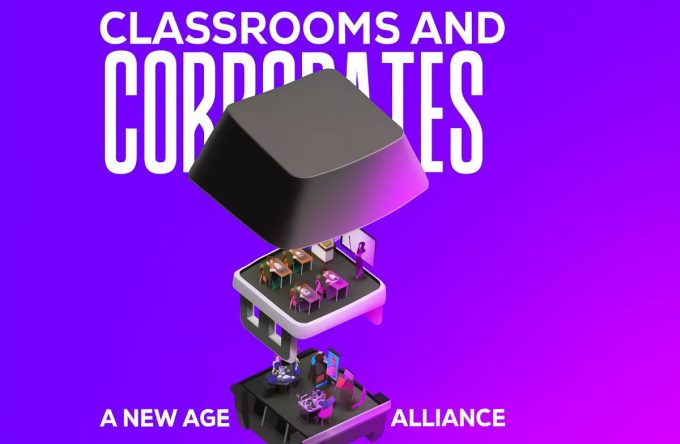Pink Floyd, in their classic anthem “Another Brick in the Wall, Part 2,” placed a spotlight on a very nefarious system. We have all been trained to support and encourage this process: modern education.
Education has been promoted, propagated and pushed as the solution to all ills and worries. Acquire a good education, and your life will be blissful. Why struggle with poverty and low income when you can just go to school. Graduate, get a university degree and become secure, comfortable and most important of all, happy? Of course, the whole linear process is, at best, only wishful thinking. And, at worst, a capitalist ploy to create compliant and obedient workers.
In 1984, Orwell imagines a world where language is distorted and people are controlled. That reality feels distant yet disturbingly close. Many still believe education can unlock creativity, innovation, and progress.
The stark reality is that education as we know it is the process of destroying the creative spark. Worse, the individuality of our children. A subtle level of doublespeak, if ever there was one, like a dictator saying he values democracy or Soviet Russia talking about the freedom its populace enjoyed and relished.
So, what is the alternative? Leave people without any education or schooling? No, what I am talking about is a shift in methodology and mindset. Moving from pedagogy to heutagogy as a system of learning and knowledge disbursement.
At a time when business leaders decry the quality of graduates and their lack of skills. Or when stakeholders fear the rise of AI and how students will find new ways to cheat and pass. The most important conversation is not about how to improve students or the curriculum. But how to drastically change and transform the system. Don’t try to fix the person you think is broken or flawed. Fix the system, the one that made you believe they were in the first place.
Let us talk more about what pedagogy and heutagogy are. Pedagogy is about how students are taught, with knowledge passed down from teacher to learner. It rewards conformity and values repetition over original thinking. As a modern society, our obsession with the myth of normal is insane. We want people to behave, think and act in the same way.
As Eddie Deen puts it on LinkedIn:
In this system:
- You are trained to obey, repeat, and comply.
- You learn what to think, not how to think.
- You adapt to the world as it is, not as it could be.
- Resistance is built in because your soul is not driving.
From this, it’s clear that all the talk about helping kids to follow their dreams and reach their potential is just lies and smokescreens for what is really happening. You, as an individual, are slowly being carved down and shaped into something almost mindless and, even worse, soulless. How could we expect such a being to function normally, for lack of a better word or be creative and innovative, is deeply worrying.
Heutagogy, on the other hand, is self-based and paced learning. You are both the student and the teacher. The world is seen as a sort of Matrix that was created, and it is not the only reality possible.
You shift the power from outside to inside and become a powerful person, manifesting your reality as you move forward. That kind of independence is exactly what we need. It isn’t encouraged because it threatens the status quo at every level.
Heutagogy reignites the curiosity we once had as children—the kind the schooling system often suppresses. In class, for example, who gets praised and validated? The one who asks How do we know the Earth is round, or the ones who just accept whatever the teacher is saying and passing on?
It is sadly the one who just absorbs. I remember as an above-average student laughing when a fellow student did ask this very question. Thinking it was a dumb question at that time, fortunately, I realised later that the question was not dumb. I was the one who was “dumb”, even with all my stellar academic performance and praise from teachers.
Curiosity is extremely important to us as humans, and we have created devious ways to discourage it. Curiosity killed the cat is a popular saying. However, curiosity may or may not lead to the death of one unlucky feline, but as far as humans are concerned. Lack of curiosity is what is killing us as individuals and, ironically workers. This gap in questioning the status quo and the way things are. This is a serious issue for solving problems and improving processes and methodology. It is especially a problem for the field of marketing.
Why is a lack of curiosity detrimental to marketing? This is because, in my view, marketing is a process of experimentation and exploration. I’m not sure who said it, but if you try to get a different result with the same variables, you are crazy. And that is what marketing can be like if you do not tweak and change to find out what is working and what is not or risk finding out what possibly could.
Risk-averse behaviour is something often criticised by CEOs and industry leaders. Especially after we have seen the rise of the startups and entrepreneurs who seem to thrive on taking chances. Again, when an adult has been conditioned to play it safe and conform for over 16 years of school. If we forget early childhood at home, it is extremely unfair to expect the product of that system to try their hand and risk failure in an attempt to achieve objectives and goals in a corporate setting. It’s like a horse that was beaten every time it tried to jump as a foal. Now, as an adult, it’s led into an arena and expected to leap over fences.
We all admire great marketers and business leaders who use their powers of observation and intellect to solve problems. My argument is that they have that ability in spite of being educated, not because of it. If we want great adults who behave and act like individuals and are not afraid to mess up and fail from time to time. We need to start by reducing or halting the process of indoctrination and conditioning that we call modern education, immediately.
As Pink Floyd sang it so emphatically with kids in their music video
We don’t need no education
Pink Floyd
We don’t need no thought control
No dark sarcasm in the classroom
Teacher, leave them kids alone
That is, unless you just want more bricks in the wall.










